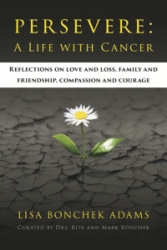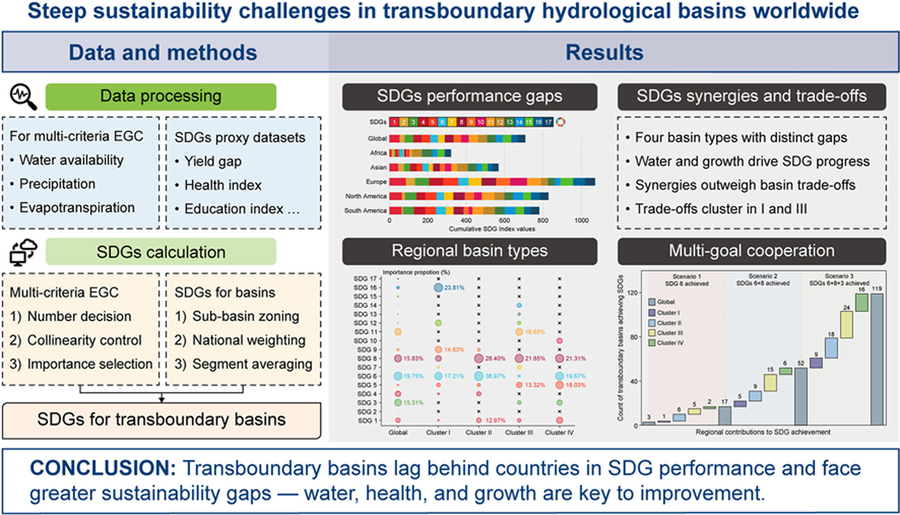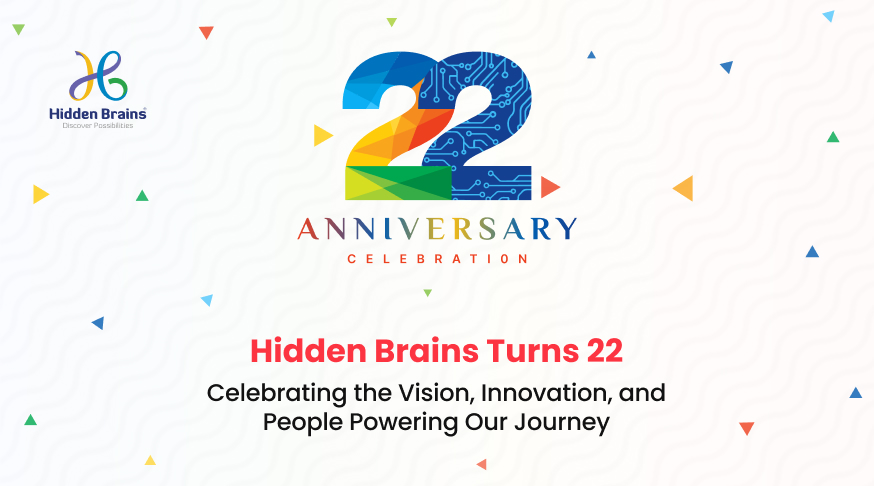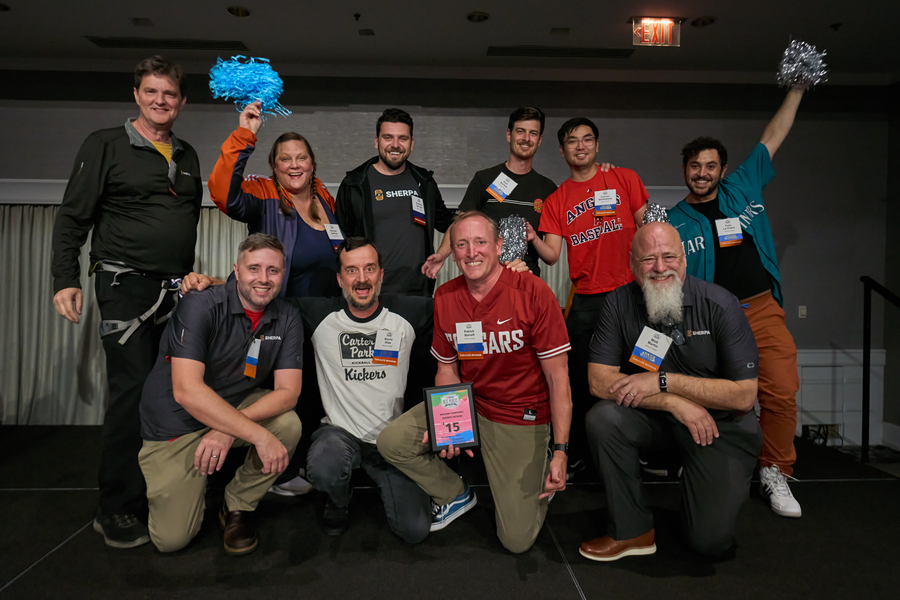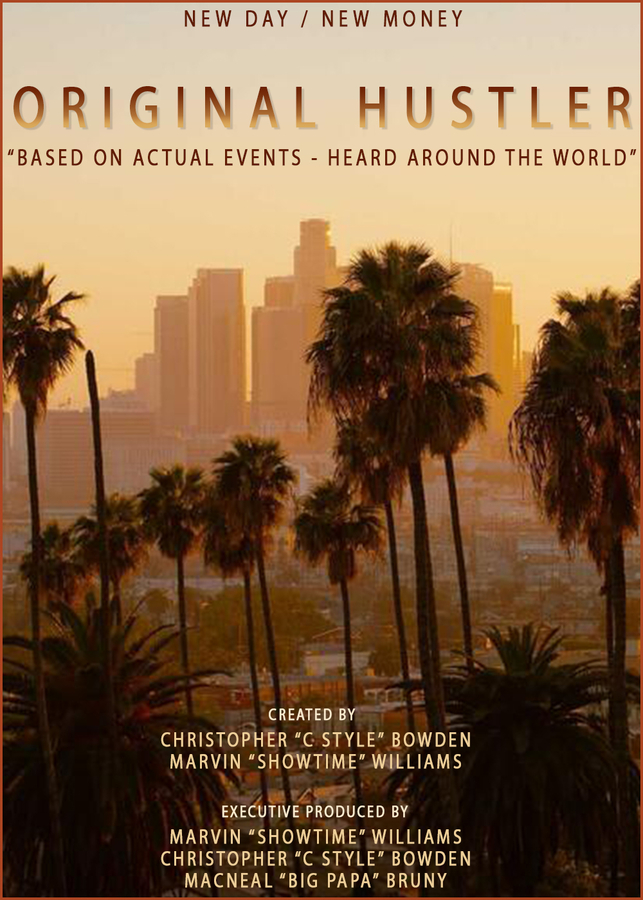Some people have a strong voice.
They can speak for themselves, walk with confidence, stand their own ground firmly.
Some people don’t have to worry about being threatened or being deprived of the freedom of being themselves.

We always hear about it, successful people who built their lives from the ground up. They inspire us to move forward and work harder, but how often do we forget who are having the hardest time of all?
There are some people out there who’s job is to move the heaviest of weights, the cultural beliefs of our own society.
Others instead are out there to give their voice to who can’t speak loud enough.
This is why we make films, music, and art in general after all. We use these tools to voice human feelings and stories, to portray human life as we know it.
It’s what Barbara Cupisti, creator and director of the documentary Womanity intended to do, creating a space where four different unheard stories could finally be heard and seen by the public; stories of life’s struggles, of strength and falls, stories of women.
Exactly, because it’s women who for centuries have been carrying the weights of a male-driven society on their shoulders, and they still do.
Womanity talks about four stories of women in different parts of the world: Egypt, India and the U.S.A.
The movie opens with the stories of Geeta and Neetu, a mother and daughter who both were victims of an acid attack that permanently disfigured them.
To throw the acid was not a stranger but Geeta’s husband (Neetu’s father), who disappointed with having a daughter instead of a son, found reason to get rid of both of his wife and daughter assaulting them with acid on their faces.
This is a very common issue in India, every year counting thousands of victims.
The ones who survive the attacks never fully recover and find it impossible to find a job or even to just be accepted back into their communities, which culturally believe that a wife must deliver a male son, and in case she doesn’t that would entitle the husband to kill the wife and later marry another woman.
The images alone are hard to digest and the story of this mother and daughter who managed to survive, striving to reclaim pieces of who they once were, it’s heart-wrenching. To deliver the message right into your gut there’s a sublime soundtrack, composed by Tommaso Gimignani, a talented young composer who has worked with the director of the movie in almost every single project.
But this is just one of the stories highlighted in this movie.
In Egypt, there’s a woman, Sissa, sixty-four years of age, who after losing her husband was left alone in poverty and six months pregnant. Not an easy task in a community that doesn’t see women as a workforce, but as housewives.
This is when Sissa decided to cut her hair, buy men’s clothes and dress up as a man and start her new life as a shoe-shine.
She has completely denied herself to experience her femininity all at once, to be able to feed her daughter and give her an education. It’s been now 43 years and she got so accustomed to her “character” that she has forgotten who she was before and fully transformed into her male self.
The tone of the music here changes and takes some of that middle eastern vibe, blending it with a deep chant that reminds of Sissa’s repressed femininity, almost like if suffering from deep in the womb.
The way the images are flowing with the music creates a beautiful lament that leads into a new chapter of the movie, The United States.
Here we find Jonnie, a 40 years old woman who coming from tough adolescence of drug abuse, sexual assault, and violence, has fallen for the oil boom of North Dakota and works now as a truck driver, struggling to survive and barely making a living.
Although driving a truck is known to be “a man’s job”, Jonnie proves us wrong and walks her path fiercely. Unfortunately That is not enough to keep away other men, who not being used to have a female colleague, eventually ended up harassing her multiple times compromising her safety even in the workplace.
This is because in her community there’s a really bad case of human sex trafficking, in which hundreds of young girls suffer from. Some men there are very familiar with objectifying women.
Jonnie does her best to advocate together with other local organizations and help redirect the path of many of these girls who seem to have lost their way, but the lack of support from other women in that community is real and many are still out there being traumatized and left without any sort of help.
This is all being portrayed masterfully thanks to the director’s eye, catching every little detail that shows the psyche of Jonnie as she opens up in front of the camera for the first time.
The music here takes us on a journey of intimacy and depth, reminding us of the innocence of the human soul, especially when spoken from a broken heart.
The composer created such a beautiful environment enhancing the emotional charge of Jonnie’s truth, almost as if the music was tailored to her speech.
All these are true stories of women who’s voice can’t be heard by their communities nor their families, at least until now.
The movie ends showing what can probably be considered the most important scene of all.
Hundreds of thousand women marching for gender equality in Washington D.C. claiming their right to be heard. The inspiring roars of this ocean of women are growing and blending with the soulful music piece that connects all the stories together, from India to Egypt, finally in America.
I personally find it very clever of the composer to leave some common elements in each “musical environment”, almost to suggest that at the very core all these stories are different symptoms of the same illness. This is because gender inequality is something that doesn’t belong to just “some cultures”, instead it is found everywhere in the life of every woman regardless of her being a first, second or third world citizen.
It took someone like Barbara Cupisti to hear the calling and bring these stories to the light
Having directed many documentaries, Barbara shows us the refinement of her technique in Womanity, and so does the maestro Tommaso Gimignani, whose talent seems to only keep growing over the years.
When you take such a big issue like gender inequality, mix it with a great director’s eye, an amazing musician’s ear and why not, giving it also a great name, then you know you are creating magic on Earth!
It was not a surprise at all to see how much success this documentary has reached.
After several nominations to some of the most important film festivals in Europe such as Cannes Film Festival, Berlin Film Festival, and Rome Film Festival, gathering incredible reviews, Womanity has finally won the public at the Madrid Film Festival, winning the Best Documentary Award of 2018.
But it doesn’t end here. In fact, Womanity has been receiving a lot of private screening all around the world and also aired internationally in several countries such as Italy, Canada, India, Australia, France, Germany, the U.K. and the U.S.A. reaching a total audience of more than 70 million people.
These are not just numbers, these are people who’re hearts were able to be reached by these stories of oppression, repression and most importantly inequality. These women are just a few of the billions who are constantly facing the pressure of some kind from their communities, families, relationships and work environment.
Fortunately, our world is changing and always more people from both genders are fighting for equality to be a basic value of our contemporary society.
However we can never forget that gender inequality is not at all a third world issue, but it’s still found in the daily lives of nearly every woman in the world.
All human beings deserve a dignified life experience, and hopefully, as the awareness is being raised over these issues, so is the sensitivity of who listens.
This is why I believe we are given the gift of Art in the first place, to bring light where there is none and give a voice to something or someone who doesn’t have one, whether it is inside or outside of ourselves.
We need more artists to realize the power they have. When taken away from the celebration of self, It can be used to speak the untold truth of our humanity, one heart at a time.
Thanks to Womanity for reminding us of this possibility.
From my heart.


